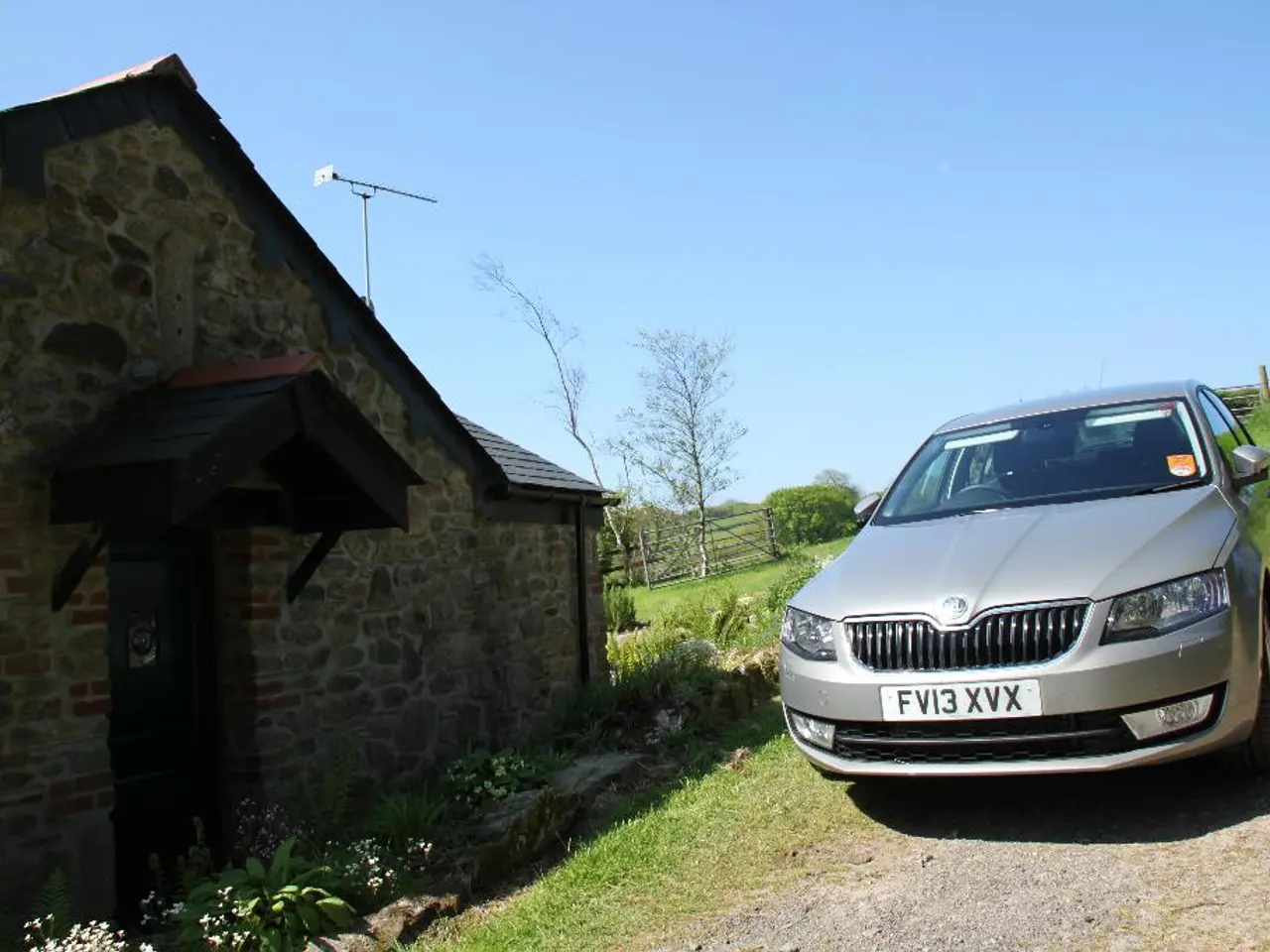Collaboration and alignment are essential to foster growth sustainability and check division in international politics
In an effort to meet the 2030 Sustainable Development Goals (SDGs) deadline, ASEAN member states are strengthening regional collaboration to mobilize and align financing for sustainable infrastructure and net-zero targets.
The strategy involves enhancing regional cooperation and coordination to promote strategic investments in sustainable infrastructure, clean energy, and climate adaptation. ASEAN leaders have called for joint action to overcome a $1.5 trillion funding gap for net-zero targets.
One key approach is the development and implementation of the ASEAN Mitigation, Adaptation, Resilience, and Sustainable Finance (MARS) Framework. This initiative aims to improve the usability of ASEAN’s sustainable finance taxonomy, helping to unlock private capital and create market conditions favourable for green investments.
ASEAN is also advancing regional energy integration through initiatives like the ASEAN Power Grid and the National Energy Transition Roadmap (NETR) under Malaysia’s leadership. These efforts enable cheaper, more accessible clean energy and facilitate the green transition.
Innovative financing mechanisms, such as sustainability-linked bonds promoted by the Asian Development Bank, are being utilised to mobilise development banks, including engagement with BRICS’ New Development Bank for alternative climate financing sources, especially for cross-border infrastructure projects.
Nature-based solutions (NbS) like forest restoration and mangrove conservation, which balance ecological preservation with economic returns, are being promoted. Carbon credit markets are also being scaled as sustainable investment opportunities to generate capital for climate projects.
ASEAN is aligning national policies on carbon pricing and renewable energy targets. The collective aim is for 23% renewable energy share in primary energy supply by 2025, enhancing regional efforts toward decarbonization goals by 2050 or later.
Despite these efforts, a significant funding deficit and geopolitical challenges remain. ASEAN must leverage its collective influence to navigate global financial volatility and geopolitical tensions that risk diverting critical investments away from sustainable and clean energy transitions.
The "Unlocking Capital for Sustainability" conference, held in Kuala Lumpur on 28th July, brought together over 240 leading decision-makers across government, finance, industry, and academia to discuss investments in low carbon and clean energy transitions. The conference covered regions including Global, Malaysia, Singapore, and Southeast Asia.
The conference aimed to mobilize high-level decision-makers to discuss and commit to actionable initiatives to unlock finance for pressing sustainable development needs. The conference travelled to Manila on 28 August, Bangkok on 30 September, and Singapore on 21 October this year.
The MARS Framework, developed by ASEAN, aims to enhance the usability and functionality of the ASEAN Taxonomy for Sustainable Finance. Malaysia is spearheading efforts to launch the ASEAN Common Carbon Framework, a unified, transparent, and efficient carbon market for the region.
The conference was tagged with themes such as ASEAN, financing, infrastructure, international cooperation, investment, renewable energy, UN, UNEP, energy, SDGs, sustainable development, energy transition, sustainable finance, net zero, and multilateral development bank. Sustainable finance and accessible green energy were identified as "strategic enablers" of investment and innovation.
References:
- [Link to reference 1]
- [Link to reference 2]
- [Link to reference 3]
- [Link to reference 4]
- [Link to reference 5]







